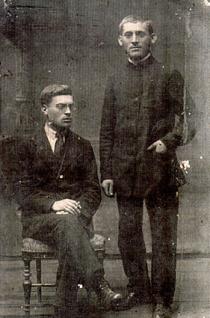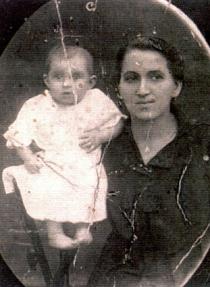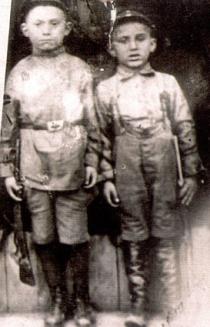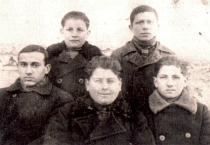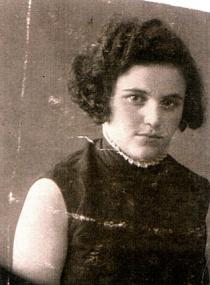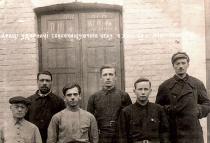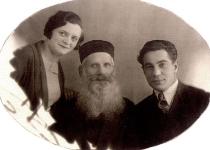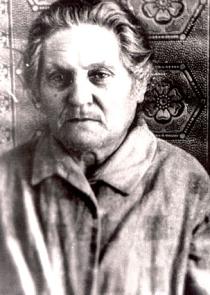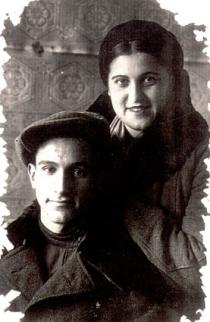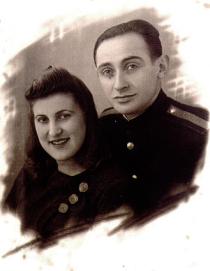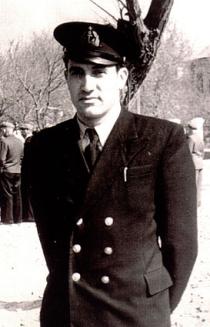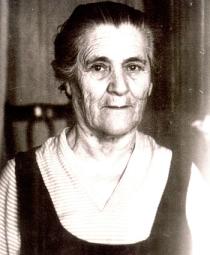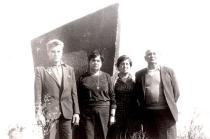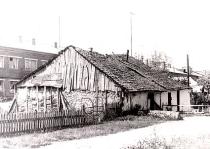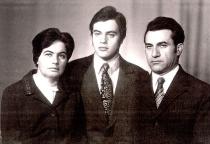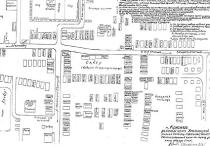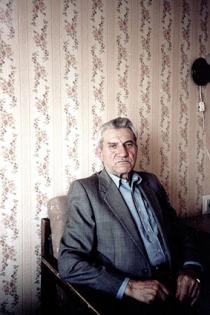This is me, Arkadi Mil'grom, wearing a uniform of an employee of the port, the 1950s, Kherson.
In 1947 I entered the Equipment Maintenance Faculty at the Odessa Navy College. The period of my studies coincided with state anti-Semitic campaign of struggle against the so-called 'cosmopolites'. Director of my college Budnitski was a very loyal, just a fair man. Thanks to him lecturers and professors fired from other educational institutions for cosmopolitism found shelter in our college. One was Nudelman, professor of resistance of materials, then there was mathematician Krein and others. However, there were also party meetings in our college where they held up to shame for references to foreign scientists. Professor Sokolov, who was over 90 years of age, became a cosmopolite for his reference to some works of English scientists that he made in his book in 1910. After a meeting Sokolov was fired and shortly afterward he died of a heart attack. I faced open anti-Semitism when receiving my job assignment in 1952.
I met my future wife Lilia Yarkho at a college party. After finishing school Lilia entered the Chemical Engineering Faculty of Odessa Polytechnic college. Lilia and I got married shortly before we were to receive a graduation job assignment. We were hoping to get jobs in one town. There was no wedding party. We had a civil registration and in the evening we had a get together with friends in the hostel. We drank some champaign and ate bread and sausage and tinned miniature sprats. This was all we had. Lilia lived in a hostel for girls and I lived in one for men. Our friends understood our situation and sometimes they left us alone in a room.
I and my wife arrived in Kherson in 1952 after the graduation from Odessa Polytechnic college. I went to work in the port right away. The attitude toward me at my work was also tense. This was before Stalin died in 1953, and I was deeply mourning after him like all Soviet people, and afterward. I often heard people mocking me, particularly my name of Avraam [Jewish names were targets of mockery, vulgar jokes and often exclusion at the time]. It was often mispronounced.

